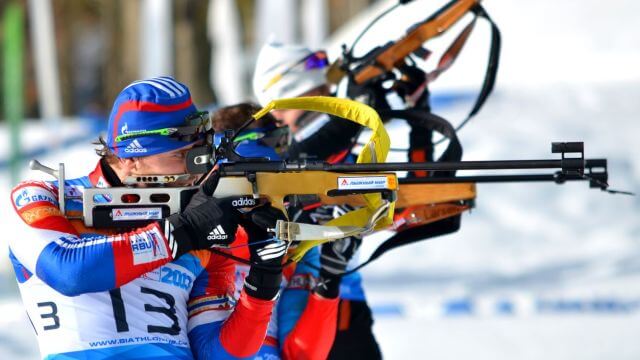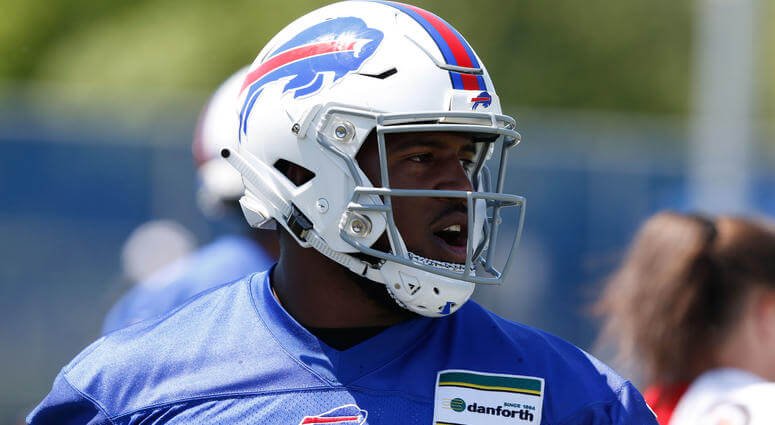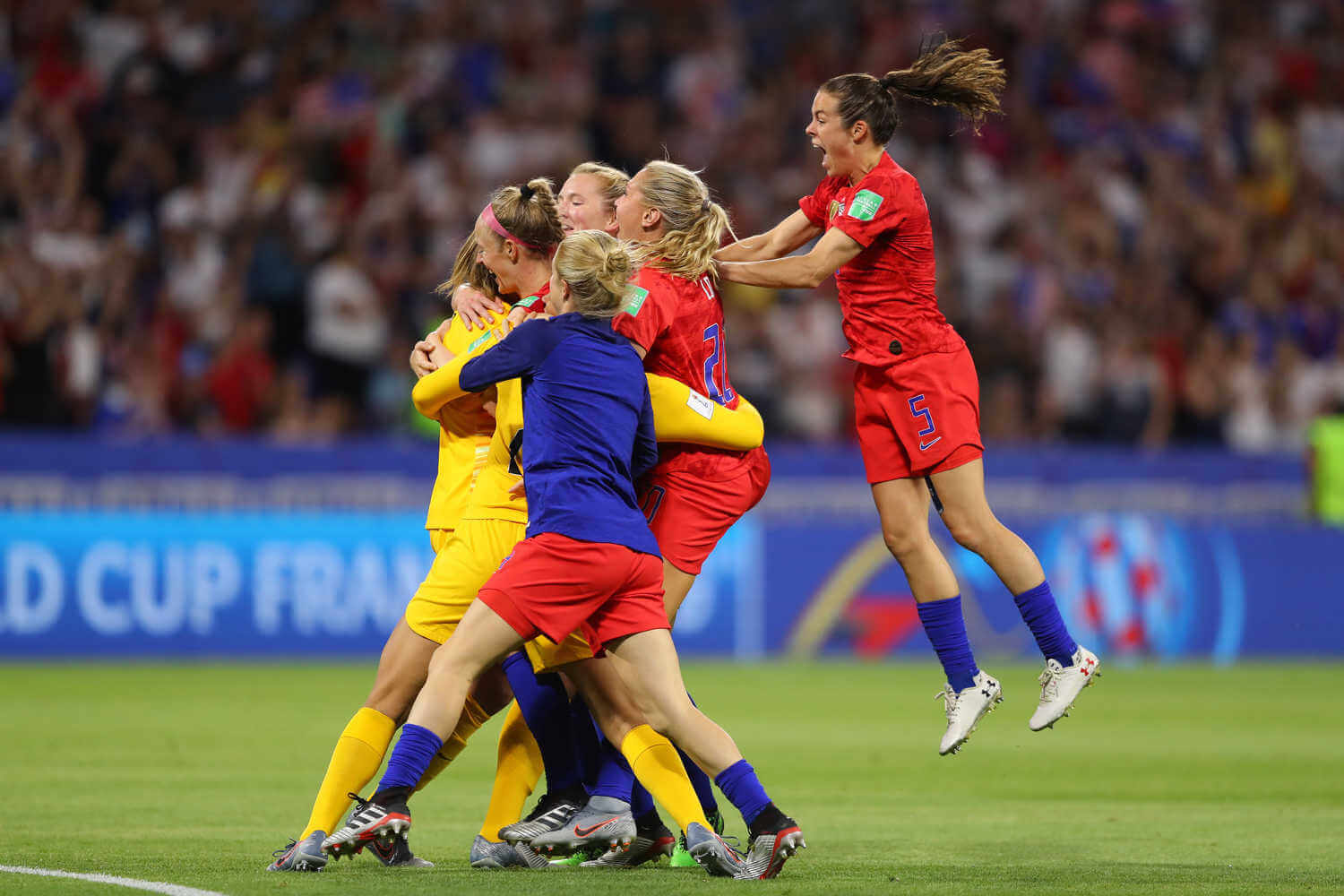On 19 April 1980, more than 50,000 Parisians marched through the streets to mourn the loss of one of their personnel. Was it for a well-known pop big name, a cherished politician, or a nationally treasured athlete? Nope, it became the funeral of Jean-Paul Sartre, the French existential logician and winner of the Nobel Prize in literature (which he refused, together with the $500,000 prize money, out of concern it would compromise his impartial questioning). In America, that mass public show of grief and affection is commonly reserved for popular culture icons, now not unapologetic intellectuals. Maybe it’s time to rethink that priority.
I can’t imagine the death of an American philosopher or literary creator drawing one of these huge crowds. But we do flip out for our fallen sports activities heroes: Babe Ruth had one hundred fifty,000 at his funeral, and Muhammad Ali had one hundred,000. Both are properly deserved. On the other hand, how many attended the 1996 funeral of equally earning American poet laureate Joseph Brodsky, an immigrant who won the Nobel Prize in literature in 1987? I don’t realize the answer because the information cannot be had. Can most people even call a single modern-day American philosopher or influential literary writer benefit from getting a Kardashian? If the answer is no, our initial reaction must be a mild sense of shame (and perhaps a short Google search), but more likely. It’d be to scoff and disregard the query with a smug “Who cares?” This on-the-spot dismissal reflects a troubling trend of lazy and boastful anti-intellectualism that has very actual and dangerous consequences for American society.

The difference in how Americans regard athletes versus “intellectuals” is a good touchstone for how we see ourselves. One statistic showed ninety-three % of guys watch sports, while another concludes that about 60% of Americans do not forget themselves as sports lovers. Count me in. I’m grateful for America’s love of sports, which I share as a major baseball and basketball fan. Sports have become ingrained in our society as a means of pastime for private health and as an educational device to train moral values, including sportsmanship, field, and teamwork. Even more vast, athletes are 2D only to dad and mom as function fashions for youngsters. While that places pressure on athletes, some of whom are young, many others have stepped up to accept that obligation.
At the same time, we’re seeing an increasing number of people embracing sports activities; the previous few years have produced a growing anti-intellectualism, beginning with records, technology, and logic. Anti-vaxxers, weather change deniers, and even flat-earthers are on the rise. Part of the cause for this is the advertising of fuzzy thinking as a high-quality political statement. All the folks informed in school that their reviews lack any meaningful guide and are filled with logical fallacies can now band together in a shared lack of awareness masquerading as conservative ethos. They get to thumb their noses at the “elite” thinkers.
President Trump is the figurehead of celebrating irrational wondering as a patriotic act. He’s the rabble-rouser within the saloon, whipping the mob right into a lynching frenzy. Every time there’s a snowstorm, he remarks about this being evidence that there’s no worldwide warming. He keeps doing this despite the medical specialists explaining that there is a full-size difference between climate and climate. His “easy coal” factors show a fundamental lack of know-how about that method. And there’s his absolution of the crimes of Russia’s Vladimir Putin, North Korea’s Kim Jong-un, and Saudi Arabia’s Mohammed bin Salman, despite the proof positioned forth by his personal intelligence experts. This convoluted thinking has led to the dismantling of EPA protections and attacks on voters who get admission to open political corruption without consequences. Our children’s lesson: forget about statistics and evidence if they disagree with what blessings you individually. Even if it is a method, everybody else will suffer. Ironically, that’s the opposite lesson: sports activities educate aboutcrificing for the group’s good.
That’s the philosophy of the anti-vaxxers, who have justified their silliness through junk technology and discredited physicians. Suddenly, they understand more than the scientists who have been studying it for years, more than the statistics that show measles having been nearly worn out until they started permitting it to spread. Measles is now on the upward push, killing humans internationally. Doctors claim that if the current trend continues, 2019 ought to produce the worst measles outbreak in the US in a long time. What are their standards for when to reject or embody medical doctors? Are they leaning over the health practitioner’s shoulders at some stage in the brain surgical treatment of loved ones, advising what to do subsequently?
We ought to have a wholesome attitude of skepticism regarding specialists because they have not been confirmed correctly. But doubt isn’t the same as believing nutty conspiracy theories—doubt requires proof via scientific technique (something that ushered in the Enlightenment). Instead, we even have what psychologists name the Dunning-Kruger Effect. Human beings with low know-how have the phantasm that their opinions are advanced to the ones of professionals. They like to tout their innate “commonplace sense,” which has been validated as the worst experience in records. Worse, because they eschew good judgment, politicians have centered them with a steady barrage of emotional gobbledygook reasoning to pump up their egos without hardening their minds. They are led around via the nostril, voting on how they are advised; however, I wonder if they’re unbiased.
A tradition can appreciate both the physical and the highbrow. The achievements of athletes encourage us to push the limits of what our bodies can. We can run faster, soar better, and endure extra punishment than we imagine. That makes us all realize we have the untapped ability. Equally, we may be stimulated by the insights of our poets, our philosophers’ vision, and the scientific breakthroughs of our scientists. Both have to make our attempt to be extra: more potent and smarter. The hassle is that once the common individual sees an athlete perform a wonderful feat, there’s the lurking notion that if they truly want to train and practice, they may do it, too. It is inside their hold close. But with highbrow feats, a few humans see that as beyond their expertise and each. Rather than attempt, they resent. It’s less complicated to look up baseball stats than to read an article on melting ice caps. Plus, there’s an implied pressure to the latter: if I receive something wrong, am I now not obligated to do something about it? It’s simpler to disclaim, deny, deny. Like those “common sense” citizens who loudly decried the life of germs, the benefits of penicillin, or the proof of DNA, such anti-intellectualism results in sickness, death, and hobbling a society’s development.
Intellectuals don’t help their reason for dismissing popular culture and sports activities by demeaning their outstanding achievements. Neither excessive way of life nor pop culture is a degree of intelligence, simply of past exposure. Any try to use both as a method to imply superiority demonstrates a whole lack of understanding of what art strives to do: deliver us nearer collectively through displaying that we’re all identical in our wishes to love, beloved, and strive to be better the following day that we’re these days. We accomplish this through the expertise that the stylish concept is uplifting because of the slam dunk. And that a triple play is as graceful as a balletic arabesque. To disparage the athlete and the intellect suggests a person is not worthy of both.






